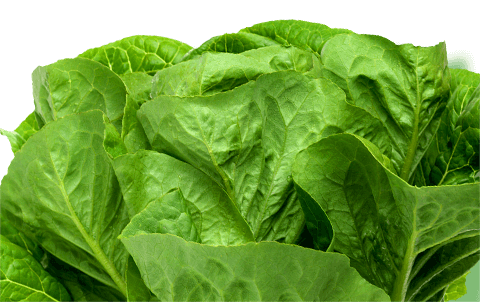Welcome to an evidence-based resource for all things lettuce. This website was created so that registered dietitians, professional food writers and consumers can access facts and get answers to questions about lettuce.
Here you’ll learn from experts in nutrition and farming about lettuce from California & Arizona – how it’s grown, what farmers are doing to make sure it’s safe and why lettuce truly is one of the safest, freshest and healthiest foods we can feed our families.






